

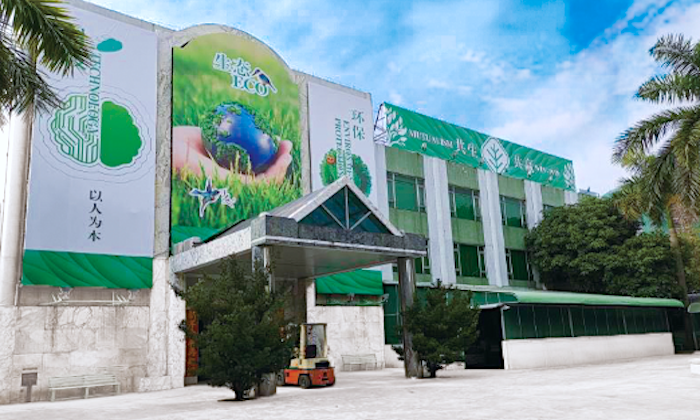
Guangdong Quadrant Ecological Technology Company is a production-oriented supplier of bath and disinfection products for high-end hotel rooms, aviation and cosmetic stores. While technological innovation and internationalization are directed as our strategic orientation, we integrate our R&D, QC, production and sales service in order to provide our customers with cost-effectiveness and high-quality one-stop OEM service.
Guangdong Quadrant is people-oriented. Our production line is provided with advanced equipments, strong production technology, rendering a proficient guesture operated by an experienced management team. Ww pursue ongoing development, we constantly optimize the standardized production management system and keep improving product quality and safety performance, as a consequence we strive to become the leader of hotel amenities supplier in the industry. We follow the principle that employees are the foundation of business. Moral integrity is the soul of prosperity. Highly qualitied, dedicated and stable talent team is the basis of sustainable development. Sincerity is a solemn commitment to society and employees.
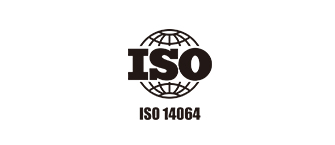
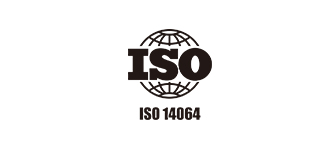
The greenhouse gas emission ISO 14064 standard issued by ISO (International Standards organization) is one of the best models for greenhouse gas information and data management, reporting and verification in the world. It is also a higher and more complete verification standard system in the field of international carbon inventory. Enterprises that have obtained ISO 14064 certification indicate that their greenhouse gas emissions comply with international standards.
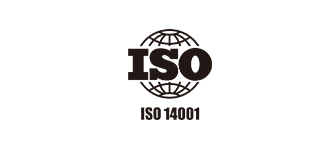
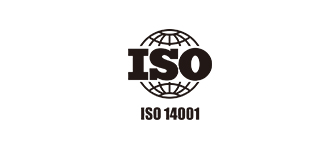
ISO 14001 is the code of the environmental management system certification standard and one of the series of environmental management system standards formulated by the International Organization for Standardization (ISO). ISO 14001 is the most fundamental criterion for organizations to establish environmental management systems and audit and certification. It provides users (enterprises, institutions, and governments) with a comprehensive and inclusive basis for environmental management, including quality management, and specifies the requirements for a common language and guidelines for environmental management.
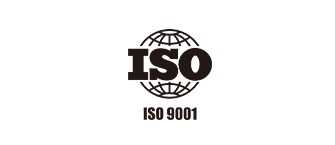
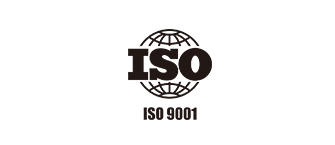
The ISO 9001 standard is a scientific summary of quality management practices in many economically developed countries around the world, with universality and guidance. Implementing the ISO 9001 standard can promote the improvement and improvement of an organization's quality management system, and play a good role in promoting international economic and trade activities, eliminating trade technical barriers, and improving the management level of the organization.
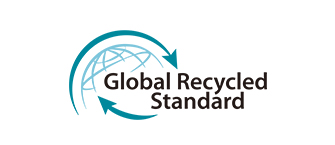
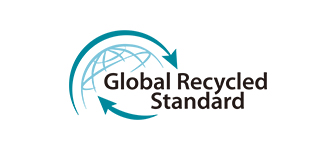
GRS (Global Recycling Standards) is an international, voluntary, and comprehensive product standard. The content focuses on the implementation of product recycling/recycling components, regulatory chain control, social responsibility and environmental regulations, as well as chemical restrictions by supply chain manufacturers, and is certified by third-party certification agencies.Its goal is to reduce the harmful effects of production on people and the environment, ensure more sustainable recycling and treatment of materials in the final product, and promote innovative solutions to quality issues in the use of recycled materials.GRS is developed to meet the needs of the textile industry, verifying recycled products or certain specific products. More importantly, it is important for retailers and consumers to understand which parts of a specific product are recycled materials and how these materials are handled in the supply chain. To obtain GRS certification, all companies involved in the manufacturing and experience of your products, including semi-finished product suppliers, must also comply with GRS standards.
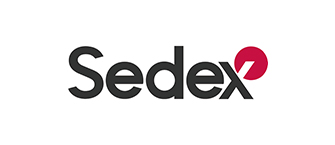
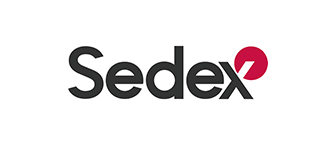
Sedex is an abbreviation for Supplier Ethical Data Exchange. The purpose of Sedex is to connect enterprises with their global suppliers, share business ethics data, and achieve continuous improvement in ethical performance. Sedex (Supplier Ethical Data Exchange) is a membership organization whose members are committed to continuously improving the ethical performance of their supply chain. The company's Sedex certification indicates that it adheres to business ethics, and customers can trust the company and cooperate with it with greater confidence.
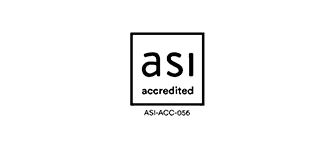
Without third-party verification and certification by an independent accredited certification body, no public statement related to compliance with RSPO principles and standards can be made. In order to ensure the credibility of the sustainable statement at the end of the supply chain, all organizations that have legal ownership and actually handle RSPO certified sustainable oil palm products are required to obtain the supply chain certification so as to ensure transparency and credibility through RSPO supply chain certification.
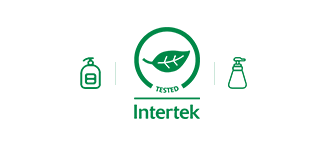

The certification serves to ensure the quality of products, reduce the market risk of enterprises and improve the public trust.
It helps enterprises to reduce the international green trade barriers, further expand the international market, expand the customer base of enterprises, ensure the sustainable and healthy development of enterprises, highlight the efforts made by enterprises on the ecological environment of products, reflect the ecological nature of cosmetics raw materials to a certain extent from the product level, and eventually capture more consumers' favor.
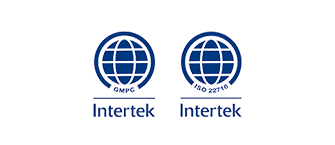
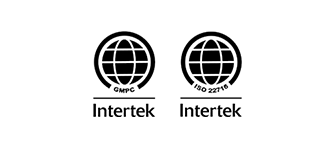
Cosmetics sold in the US and EU markets must comply with the requirements of the US FDA (Federal Cosmetics Regulations) or the European Commission Cosmetics Regulations (EC 1223/2009) - Good Manufacturing Practices for Cosmetics, GMPC (Guideline for Good Manufacture Practice of Cosmetic Products) ) to ensure that consumers use the healthy and safe cosmetics under normal conditions.
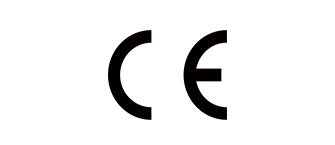
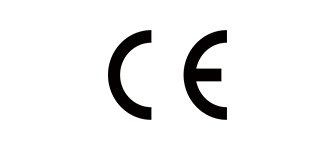
The "CE" mark is a safety certification mark that is considered a passport for manufacturers to open and enter the European market. CE stands for Unification of Europe.Any product from any country that wants to enter the European Union or the European Free Trade Area must undergo CE certification, and the CE mark must be affixed to the product to indicate that it meets the basic requirements of the EU's "New Methods for Technical Coordination and Standardization" directive. CE certification indicates that the product has met the safety requirements specified in EU directives; It is a commitment made by enterprises to consumers, increasing their trust in the product; Products with the CE mark will reduce the risk of sales in the European market.
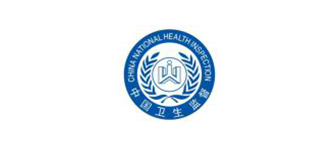
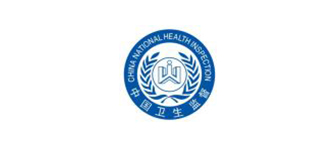
The hygiene license for disinfection product production enterprises refers to the hygiene license for disinfection product production enterprises. The Provisions on Sanitation License for Disinfection Product Manufacturers was issued by the Ministry of Health of the Ministry of Health of the People's Republic of China on November 16, 2009 and came into force on January 1, 2010. In order to standardize the sanitary licensing work of disinfection product manufacturers, the Provisions on Sanitary Licensing of Disinfection Product Manufacturers are formulated in accordance with the relevant provisions of the Law of the China on the Prevention and Control of Infectious Diseases, the Administrative Licensing Law of the China, the Administrative Measures for Sanitary Licensing and the Administrative Measures for Disinfection.
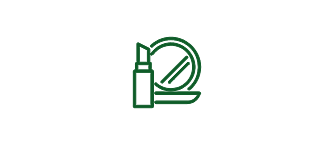
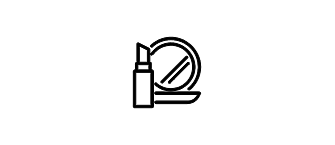
Any company that produces cosmetics can only be qualified to manufacture in the condition of obtaining a cosmetic production license. Enterprises without production licenses may not produce, sell or conduct other forms of trading activities on their own, and the offenders shall jointly issue the "Notice on the Implementation of the Regulations on Prohibition of Production and Sale of Unlicensed Products" jointly issued by seven units such as the former State Economic Commission. Meridian [1987] No. 180) and other relevant regulations.